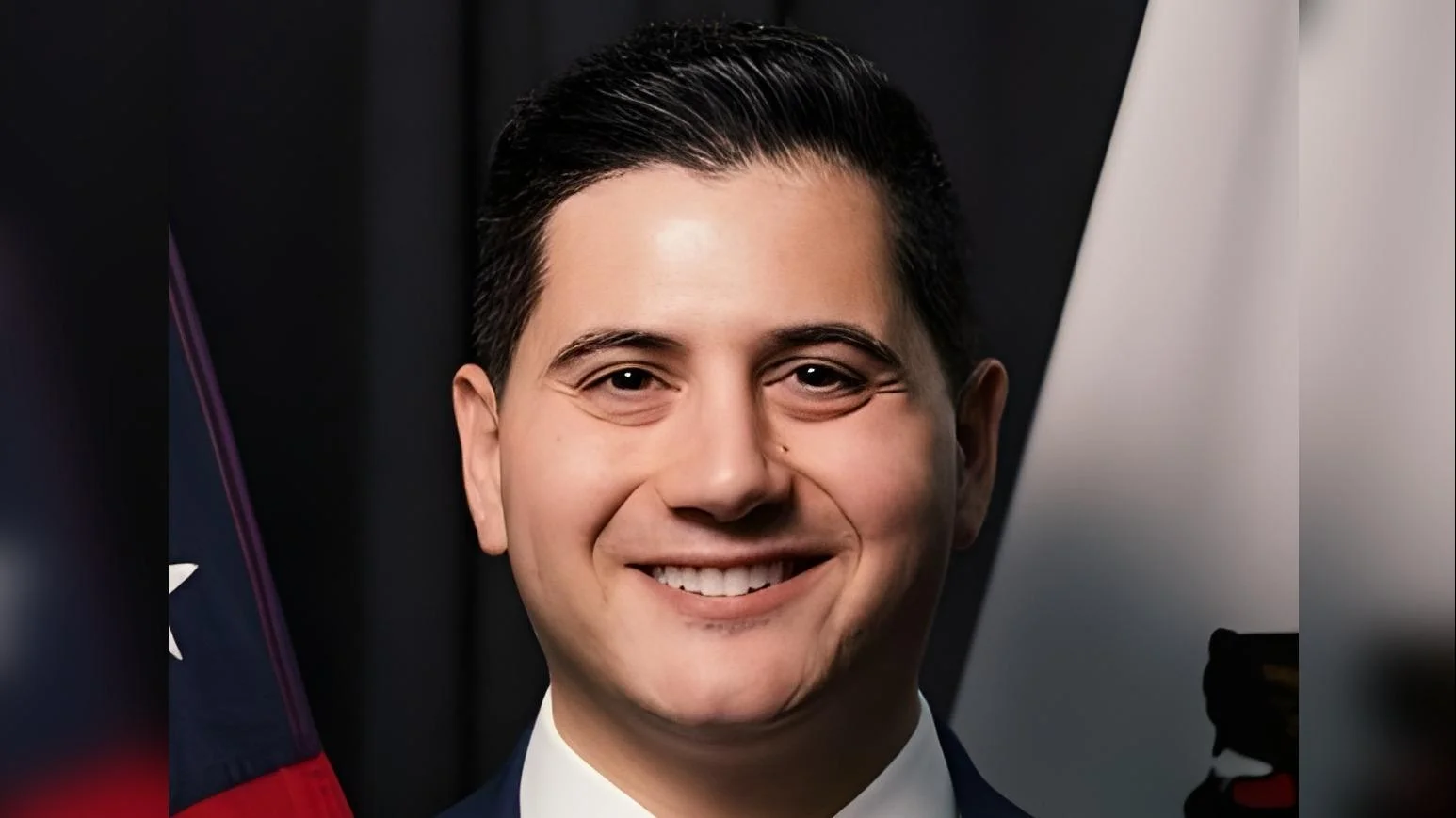A former engineer from San Jose has been sentenced to 46 months in federal prison for stealing trade secret technology developed for missile launch detection and military aircraft defense. Chenguang Gong, 59, received the sentence from United States District Judge John F. Walter, who also ordered him to pay $77,408 in restitution and a $100,000 fine.
Gong pleaded guilty on July 21 to one count of theft of trade secrets. He worked briefly in 2023 at a Los Angeles-area research and development company specializing in infrared sensors used by the U.S. government for detecting nuclear missile launches and tracking ballistic and hypersonic missiles.
During his employment, Gong transferred more than 3,600 files containing proprietary information from his work laptop to personal storage devices. The files included blueprints for space-based sensor systems designed to detect missile launches as well as sensors enabling U.S. military aircraft to identify incoming heat-seeking missiles and deploy countermeasures. Some of these files were found on storage devices seized from Gong’s temporary residence in Thousand Oaks.
Gong began transferring files on March 30, 2023, continuing until his termination on April 26, 2023. Over half of the files were copied after he had accepted a job at one of the victim company’s main competitors.
Many documents taken by Gong contained sensitive data about advanced readout integrated circuits that support detection capabilities for both space-based systems and military aircraft operating in low visibility conditions. Other materials related to “next generation” sensors able to detect low observable targets with improved survivability in space environments, as well as designs for mechanical assemblies used to house and cool these sensors.
The stolen information was marked with labels such as “[VICTIM COMPANY] PROPRIETARY,” “FOR OFFICIAL USE ONLY,” “PROPRIETARY INFORMATION,” and “EXPORT CONTROLLED.” Prosecutors described these materials as among the company’s most valuable trade secrets, worth hundreds of millions of dollars.
Investigators also discovered that between approximately 2014 and 2022, while working at several major U.S. technology companies, Gong submitted applications to Chinese government-run “Talent Programs.” These programs are intended by the People’s Republic of China (PRC) to recruit individuals with expertise in advanced technologies that can be used to strengthen China’s economy and military capabilities.
In one instance from 2014 while employed at a Dallas-based IT firm, Gong sent a business proposal regarding high-performance analog-to-digital converters—a technology produced by his employer—to a contact at a Chinese research institute focused on both civilian and military products.
A September 2020 application proposed developing “low light/night vision” image sensors suitable for both military night vision goggles and civilian uses; this proposal referenced a model number from an international defense company where Gong previously worked.
Gong traveled to China seeking funding through Talent Programs for projects involving sophisticated analog-to-digital converters with clear military applications. In communications translated from Chinese, he acknowledged taking risks due to his employment with American defense firms but expressed interest in contributing expertise toward China’s development of advanced military integrated circuits.
Prosecutors stated: “[Gong’s] conduct is particularly egregious because his deliberate and systematic theft of [the victim company’s] trade secrets is not an isolated incident; it represents the culmination of a long pattern of stealing proprietary technology from U.S. companies to benefit the [People Republic of China’s] military.”
The investigation was led by the FBI's Los Angeles Field Office Counterintelligence Task Force with assistance from the State Department's Diplomatic Security Service and Homeland Security Investigations. Additional support came from the FBI's San Francisco Field Office and the U.S. Attorney's Office for the Northern District of California.
Assistant United States Attorneys David C. Lachman (Terrorism and Export Crimes Section) and Nisha Chandran (Major Frauds Section) prosecuted the case along with Department of Justice Trial Attorney Brendan P. Geary (National Security Division).





